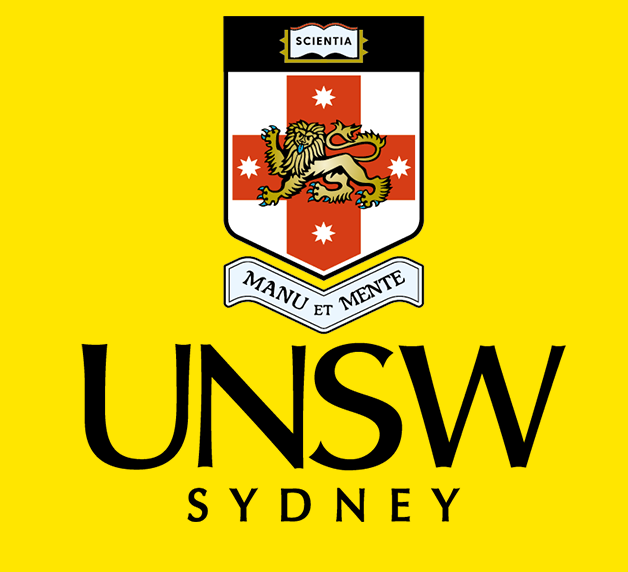The UNSW Master of Engineering Science in Petroleum Engineering is a two-year postgraduate degree in the School of Minerals and Energy Resource Engineering. You'll gain the accreditation for a career in petroleum engineering, the oil and gas industry and other related sectors.
You'll explore a broad range of areas related to employment in petroleum engineering including:
- Project management
- Reservoir engineering
- Geophysics
- Drilling engineering
- Fluid mechanics
If you come from a general engineering background and want to transition into a specialised role, the petroleum engineering specialisation will help you get there. The degree is also designed for anyone working in the industry and wanting to deepen their knowledge and experience.
As part of an internationally renowned Engineering faculty, you'll prepare yourself for the workplaces of the future in oil, gas and mining. You'll learn to look for hands-on solutions, applying established engineering methods to complex industrial challenges.
